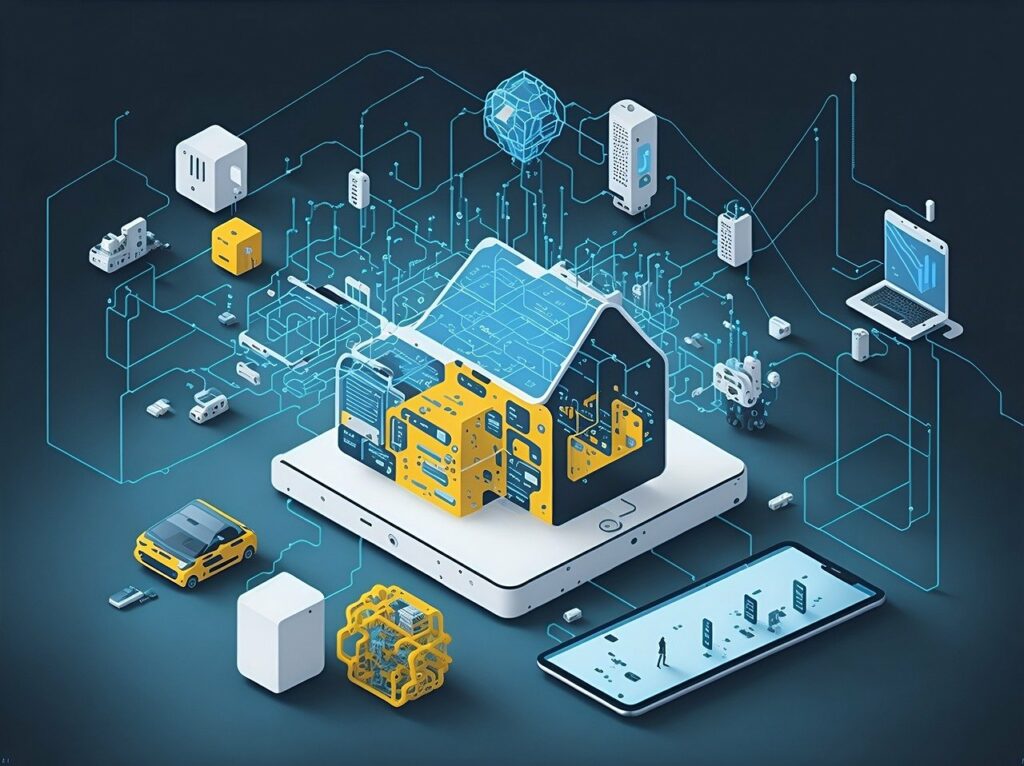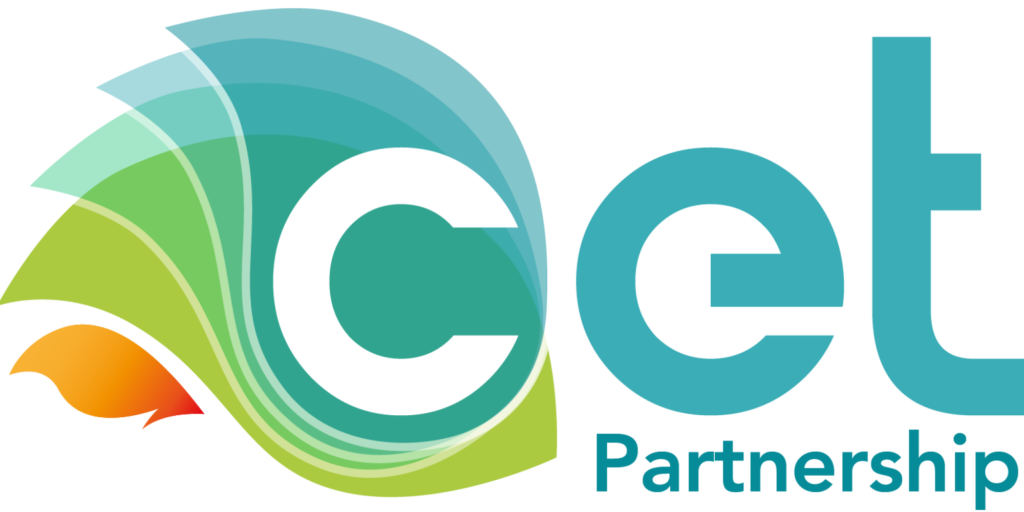The future IoT faces challenges in powering its distributed network of devices, with current reliance on batteries, which pose limitations in weight, lifespan, and sustainability. As an alternative to batteries, photovoltaic (PV) solar cells and modules can power computing devices embedded in everyday objects, enabling them to send and receive data. These smart objects, interconnected in the so-called Internet of Things (IoT), are mostly found in indoor environments (households, offices, supermarkets, etc.) and have usually small size and different shapes.

Image by Pete Linforth from Pixabay
SPOT-IT aims at developing innovative solar cells as indoor light harvesting units on flexible and lightweight substrates to be seamlessly integrated into such smart objects. Specifically, the project will combine the advantages of two different technologies (Organic Solar Cells and lead-free Perovskite Solar Cells) into Tandem Solar Cells, maximizing the exploitation of indoor light from LED lamps, rather than the sun.
Life Cycle Assessment will guide the selection of materials and processes: costly or toxic components will be replaced by low-cost and sustainable ones (e.g. lead-free perovskites, green solvents, environmentally friendly polymers); printing techniques will be used for the manufacturing to demonstrate deposition scalability, which minimizes waste and costs, and adaptability to any size and shape. Stability under indoor conditions will be assessed via standardized testing protocols and advanced characterization.
A strong collaboration between universities, industrial partners, and metrology experts will facilitate the progress of SPOT-IT PV technology for IoT.

